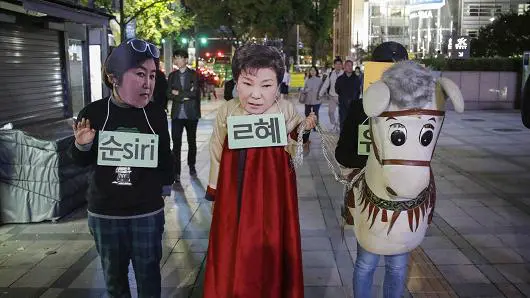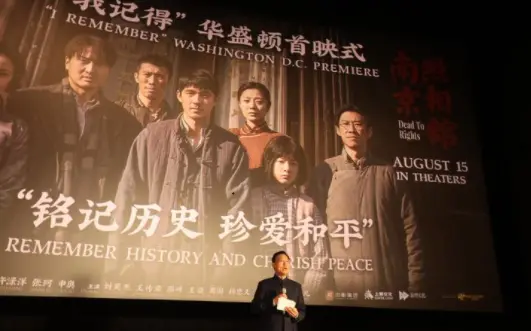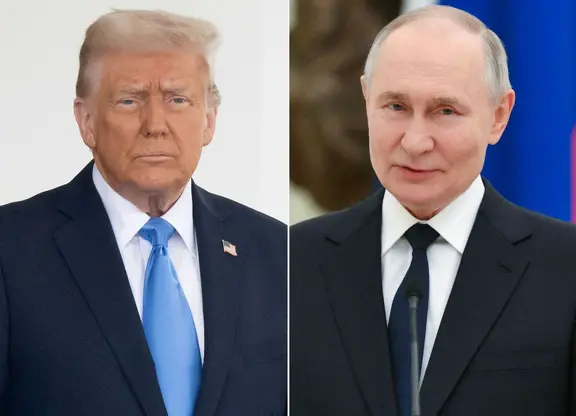South Korean main opposition Minjoo Party on Friday expressed its strong objection to the resumption of talks with Japan to share military intelligence on the Democratic People's Republic of Korea (DPRK).
Woo Sang-ho, floor leader of the party, said at a supreme council meeting that it can never be accepted to militarily join hands with Japan which has yet to sincerely repent over its past atrocities during the World War Two and its colonization of the Korean peninsula from 1910 to 1945.
He said the adoption of the military intelligence-sharing accord between Seoul and Tokyo will prop up Japan's militaristic ambition, urging the South Korean government to stop the talks which will make people enrage again.
Seoul will reportedly resume talks soon with Japan to ink the deal, called General Security of Military Information Agreement (GSOMIA), to share intelligence on the DPRK's nuclear and missile programs.
Former President Lee Myung-back pushed to seal a hush-hush military deal with Japan in 2012, but it was scrapped at the last minutes on public outcry over the closed-door attempt to endorse the intelligence-sharing agreement.
Under the deal, South Korea and Japan would directly exchange military intelligence on the DPRK's nuclear and missile programs. Under the trilateral military pact signed in late 2014 with the United States, Seoul and Tokyo have shared intelligence in an indirect way.
Park Jie-won, floor leader of the minor opposition People's Party, told a party meeting that the Seoul-Tokyo intelligence sharing pact will only boost Japan's ambition toward militarism, saying the countries have shared intelligence through the U.S. with the trilateral military deal.
Wondering why the government is pushing for the deal that will enrage people, Park said it will only speed up a new Cold War in the region that will further separate South Korea from China and Russia.
Public oppositions here to the military accord with Japan are expected as Japanese politicians have yet to show their sincerity and repentance over past atrocities in the early 1900s.
Victims of Korean women who were forced into sexual slavery by the Japanese military during the WWII, euphemistically called "comfort women," still call on the Japanese government to make a sincere apology and compensate for brutalities they suffered under Japan's 1910-1945 colonial rule.
(APD)
 简体中文
简体中文






